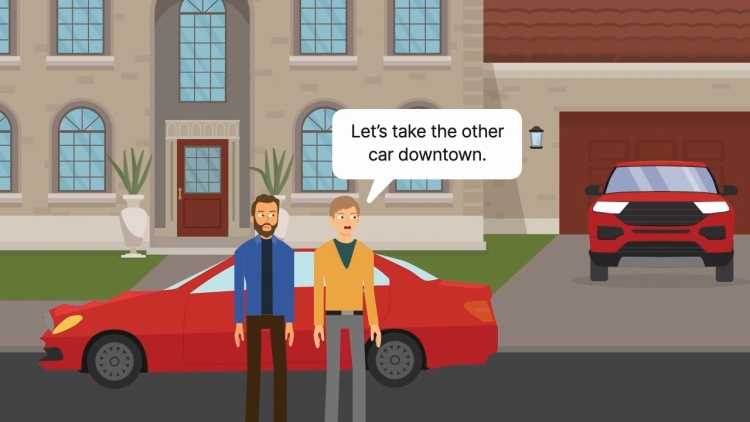Breeden v. Stone
Colorado Supreme Court
992 P.2d 1167 (2000)

- Written by Christine Raino, JD
Facts
Spicer Breeden committed suicide on March 19, 1996, two days after he was involved in a fatal hit-and-run accident. Shortly before he died, Breeden scribbled a brief holographic will giving “everything I have” to Sydney Stone (respondent), specifying the addresses of his real property as well as stocks, bonds, jewelry, and clothes. Previously, in 1991, Breeden had executed a formal will and a holographic codicil. These documents left his estate to various people, not including Stone. Nor did the documents include Breeden’s father, Vic Breeden, Sr. (petitioner), and sister, Holly Connell (petitioner). Various people, including Breeden’s sister, father, and brother, Vic Breeden, Jr. (petitioner), filed exceptions to the holographic will claiming Breeden lacked testamentary capacity. Evidence was offered to show that Breeden had been using cocaine and alcohol for several years prior to his death and that he had consumed both cocaine and substantial alcohol on the night of his death. Testimony indicated that Breeden had drastic mood swings and had paranoid fears about threats against himself and his dog. Some handwriting experts testified that Breeden possessed the motor skills to write his will, and some of Breeden’s friends testified that he had previously stated his intention to exclude his family from his will. The probate court found that Breeden did not lack testamentary capacity to execute the holographic will and formally admitted the will to probate. That ruling was appealed to the Colorado Supreme Court.
Rule of Law
Issue
Holding and Reasoning (Rice, J.)
What to do next…
Here's why 907,000 law students have relied on our case briefs:
- Written by law professors and practitioners, not other law students. 47,100 briefs, keyed to 996 casebooks. Top-notch customer support.
- The right amount of information, includes the facts, issues, rule of law, holding and reasoning, and any concurrences and dissents.
- Access in your classes, works on your mobile and tablet. Massive library of related video lessons and high quality multiple-choice questions.
- Easy to use, uniform format for every case brief. Written in plain English, not in legalese. Our briefs summarize and simplify; they don’t just repeat the court’s language.





